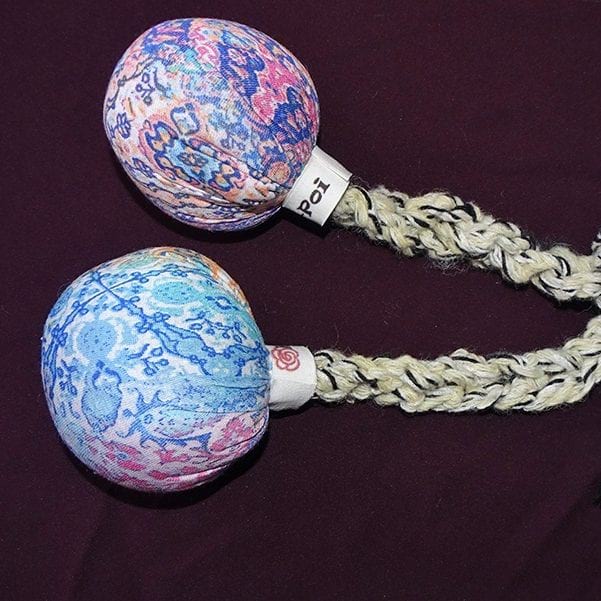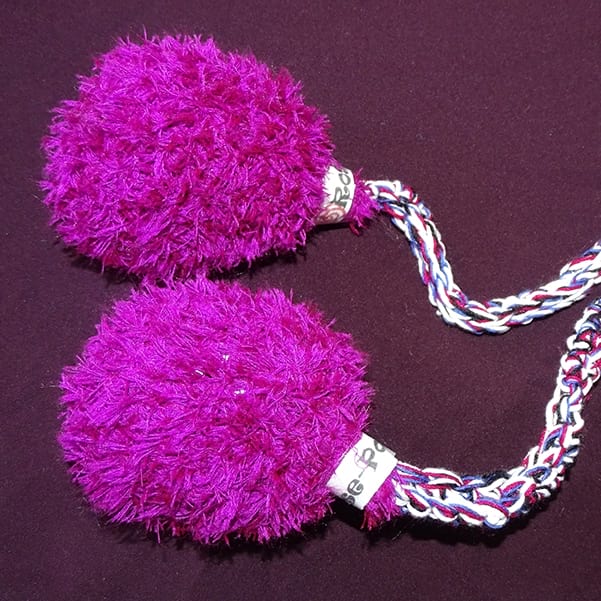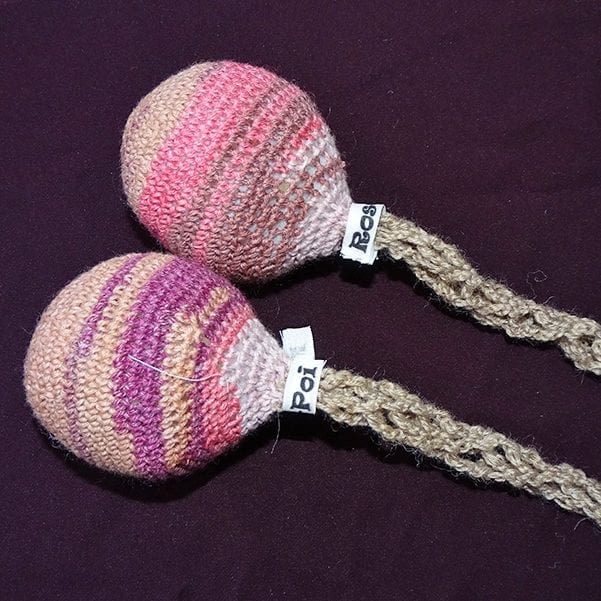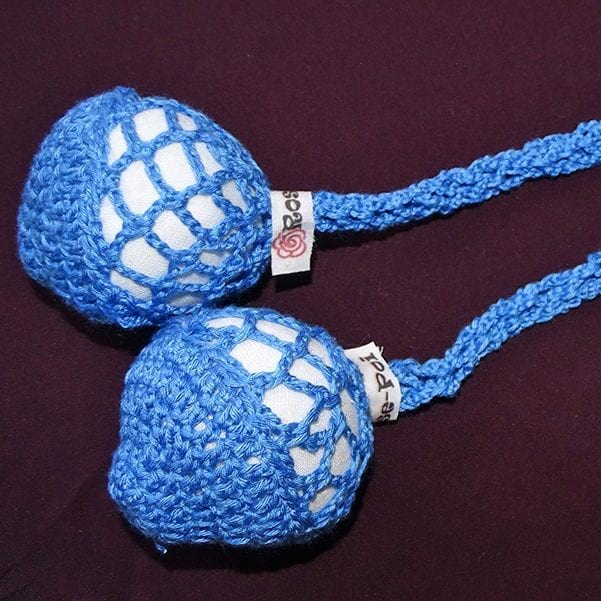An Interview with Rose Poi
Care worker Anja and handicraft extraordinaire Rosie sat down for a chat about Rosie’s life, her Parkinson’s diagnosis, and how Rose Poi is helping an entire hospital in Germany spin their health around.
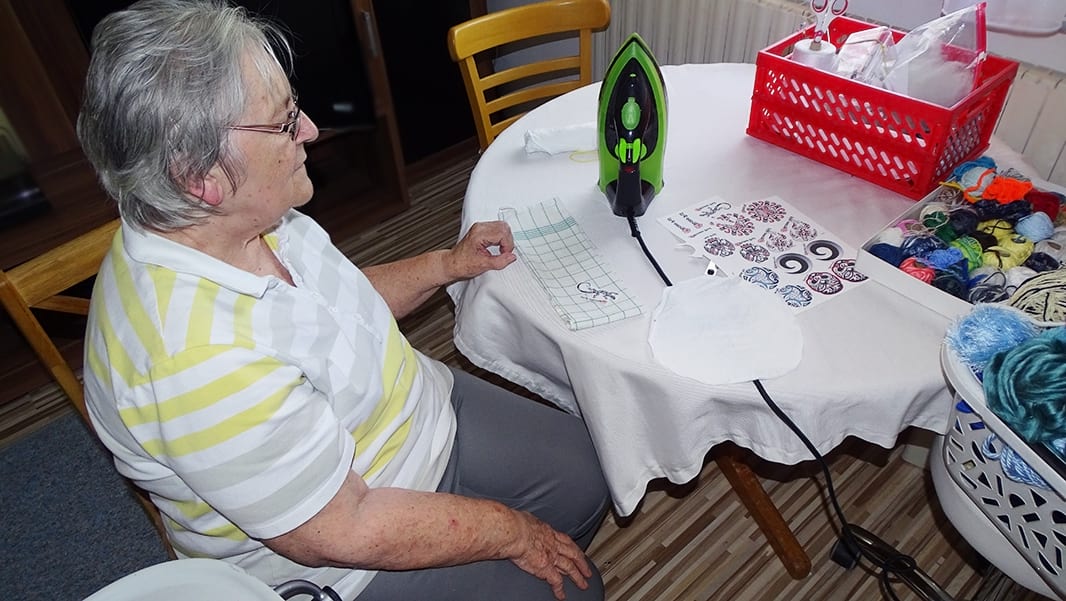
Q: Tell me a bit about your childhood…where did you grow up? What was your childhood like? What was your family like?
I was born in Kraiburg in 1947 and had to go to hospital because of a malposition of the hip at the age of five. The hospital had an associate school/kindergarten, run by nuns. I was in that school up to second year. During this period my parents divorced and I moved to Munich with my mother. I lived in Munich until I was 13 and attended school there. My mother died of cancer and I moved back to my father in Kraiburg.
Q: What are some of your favorite childhood memories?
Because my childhood was rather torn apart and characterised by loss and moving, I don’t have that many good memories of it. Handiwork was a constant companion and hobby and provides the best memories of that time. I learned a lot of handiwork techniques at school and started pretty soon with my own projects and tweaked my methods and skills with time on my own account.
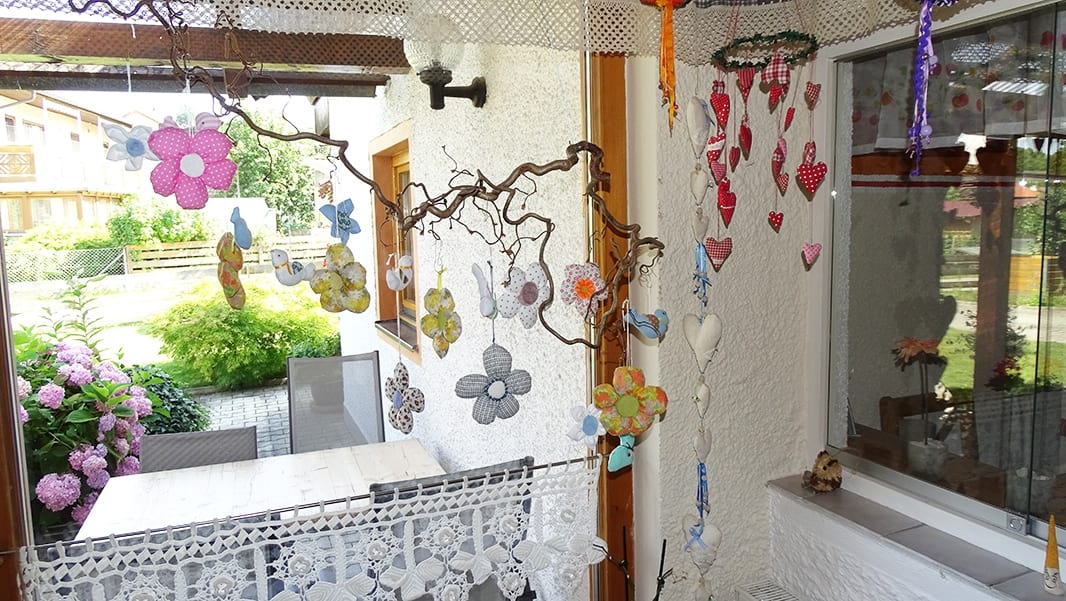
Q: What did you want to be when you grew up?
I wanted to become a shop window decorator, but my father wouldn’t approve and insisted that I would apprentice to become an industry clerk instead. I always spent my free time doing sewing, embroidery, knitting and other handiwork. A creative occupation always had the biggest attraction to me.
Q: And where did life take you after school?
After finishing year nine at school, I moved to Waldkraiburg, not far from Kraiburg and took up to become an Industrial Clerk, got married and worked as a secretary until 1969. We moved back into my parent’s house in Kraiburg and had our three children.
Q: When were you diagnosed with Parkinson’s?
In 2005 I was doing handiwork with my granddaughter. She noticed that my left hand was shivering and she asked if I was cold. Because this shaking started to happen more frequently, I visited my local GP who referred me straight away to the Neurological ward of the hospital. The suspicion that it was Parkinson’s was there, but it took a few years and various different tests until the diagnosis was confirmed. Nobody in my family had this before and I was scared and did a lot of research about it.
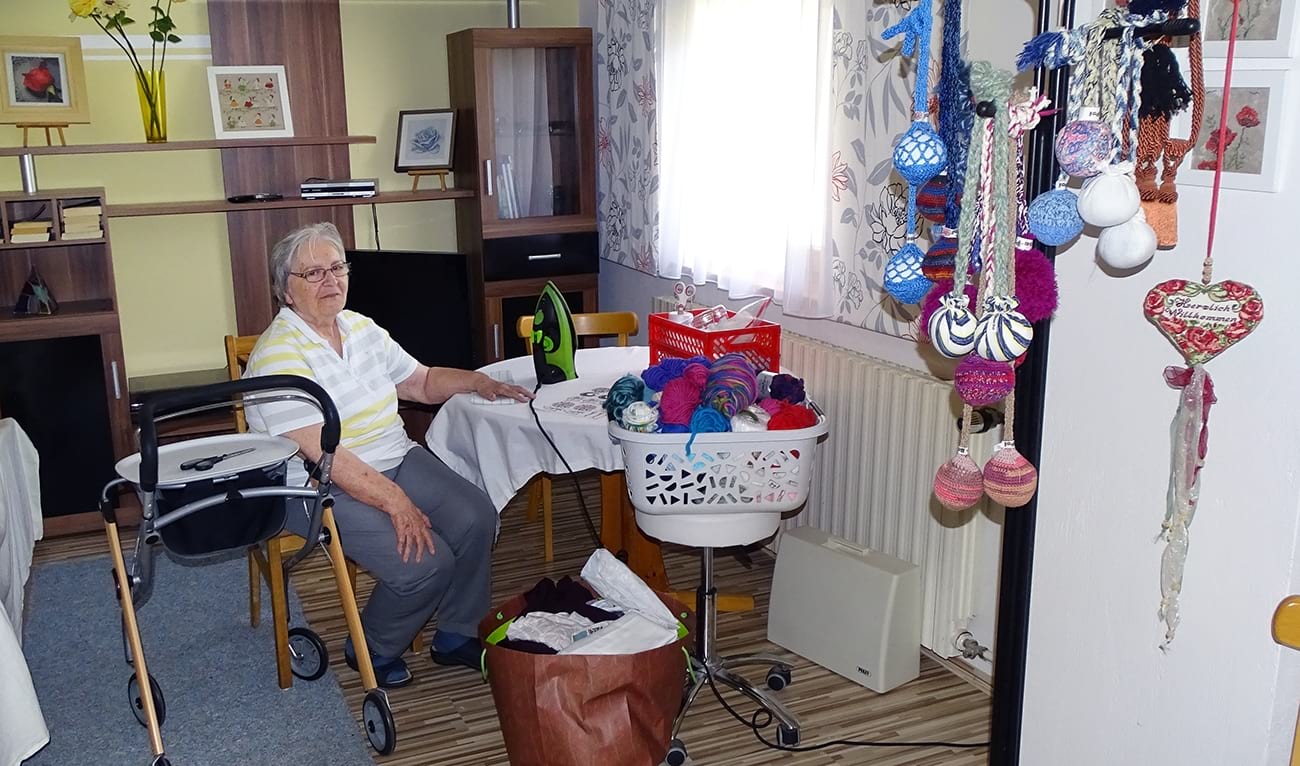
Q: How have your symptoms progressed, and how has Parkinson’s effected your life?
After the initial shaking, phases of immobility and stiffness followed paired with depression. Walking, already more difficult due to the hip malposition was now also affected by Parkinson’s. The Off Phases started to increase. The condition has influences on my entire life and family. To adjust the medication, I spend time in the hospital every now and then and at home I am supported by my husband, helping me with household chores.
Q: When did you first try poi, and what did you think of it?
The first time I came across poi was at the Parkinson day last year through Anja’s lecture about poi, and I saw her doing poi. I had a chat with her in one of the breaks and she gave me some poi to try at home. After a few trials at home I thought that this isn’t for me. During one of my hospital visits in March this year, Anja approached me again. She knew of my love for handiwork and asked me if I could help with the making of Maori style poi. I said straight away that I was keen and started thinking a lot about how to make them in the best possible way. Also trying to avoid the plastic in the head, but keep them robust and easy to play with.
Some of Rosie’s beautiful poi creations.
Q: What kinds of things bring you the most pleasure now?
Creating something with my handcrafting skills, simply, to be productive!
Q: What things frighten you now?
The advancement of my condition.
Q: What’s one thing you’ve learned during your Parkinson´s journey that you want others to know?
I would advise anyone to take on the condition, not trying to ignore it, but to rather learn to live with it. Enjoy the things that are still possible and don’t dwell on the things that are not possible anymore. The challenge, to challenge my limitations that is, encourages me to try things and get them done.
Q: If you could go back thirty years, what advice would you give your younger self?
I would do everything exactly the same as I did.
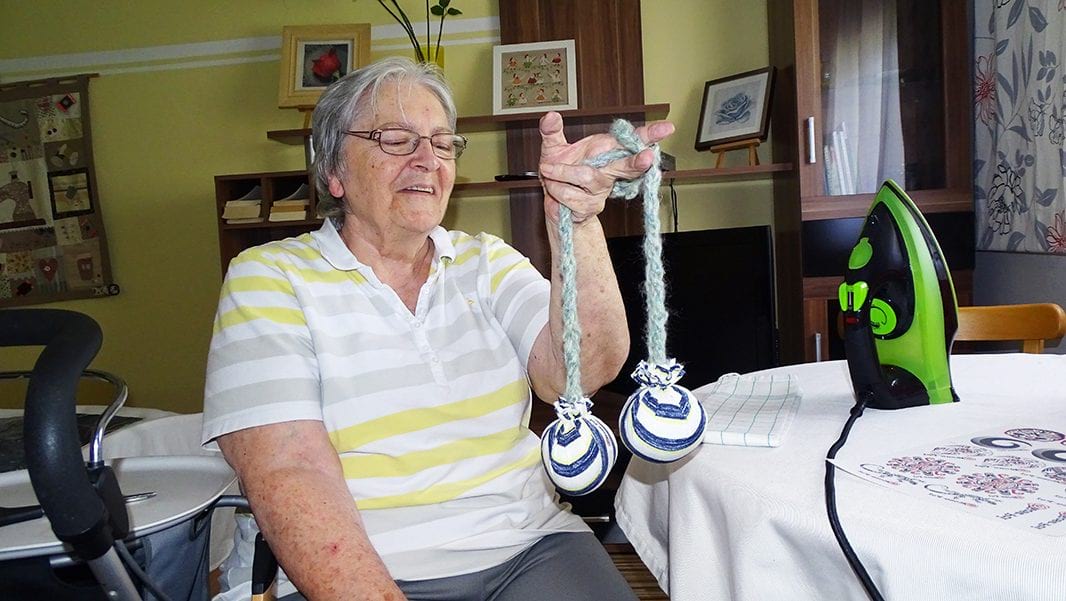
Rosie is currently making poi for patients in a geriatric hospital near Munich, Germany, where care worker Anja is using poi with Parkinson’s patients to improve physical and mental wellbeing.
Special thanks to Anja for taking the time to conduct this interview, and for her continued dedication to working with poi and health.

